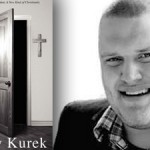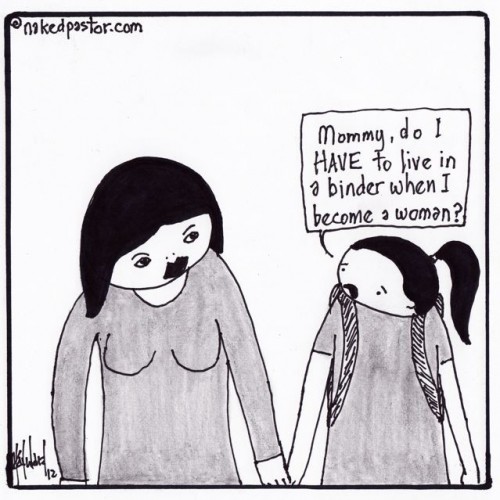I’ve been thinking a bit about ministry and what it means to be a pastor. I keep asking myself the question: “Is it possible for all kinds of different people to dwell together in unity?†That is, can a particular local church be made up of a wide variety of people, and yet be united? Can there be true unity in vast diversity? I’m not just talking about diversity in appearance or superficial issues, but diversity in beliefs, theology, and lifestyles. This is the kind of church I envision and work hard for. Sometimes I lose hope, but sometimes I see glimspes of possibility.
While I was thinking about this, I was reminded of a book I read a few years back by Michael Ford, Wounded Prophet. It is his biographical account of Henri Nouwen, a prominent Roman Catholic priest who taught Spiritual Theology and mysticism at Harvard, then ended up being a worker alongside Jean Vanier at a L’Arche community in Richmond Hill, ON, Canada. He died a few years ago, leaving behind him several books on spirituality and prayer. He touched many lives around the world, including mine in a significant way. In this book, he tells us about a time when Nouwen went on retreat to some friends’ in the country, and he began to just meet in the red barn on their property to prayer and celebrate mass. A friend joined him, then another friend, until there was quite a number of people meeting with him. This is his account:
At Nouwen’s sabbatical in the Red Barn Community, he comments:
“Ministry happens. I have done nothing here while on sabbatical to do ministry. I didn’t come here to get people who mostly don’t go to church to join me in prayer and the Eucharist. I just started to pray, and invited one person to join me, and these others—neighbors and friends—simply came. I’m not concerned with fixing the marriage of the one who is considering divorce or convincing the woman who doesn’t believe in Jesus. I’m here to say this is who I am, and to be there for others†(Michael Ford, Wounded Prophet, p. 198).
With his own struggles in mind, Nouwen could only ask himself the obvious question: “Who am I to judge?” When I read this, my heart said, “YES!†This community is something like what I envision. Is there a way, like this community, that we can all just gather with all our problems and issues and differing theologies and lifestyles without trying to fix each other? Is there a way we can serve each other without the ulterior motive of trying to change the ones we serve? Is there a way we can truly love each other without caution or reserve?
These, I feel, are significant questions that need to be asked if we have any concern at all for the future of the church, spiritual communities, or any community for that matter.











